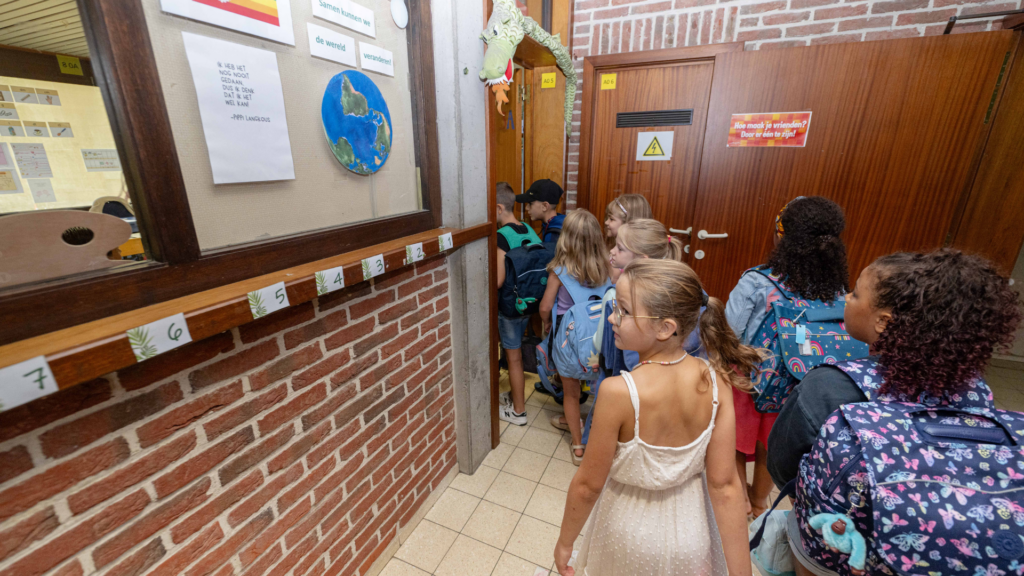2,000 students were "problematically absent" from Dutch-speaking schools in Brussels in the last academic year, according to data by Statistics Flanders. This is an increase compared to the previous year.
"Problematic absence" is when a student is absent for at least 30 half-days without permission. The figures were examined by Flemish MP Hannelore Goeman (Vooruit) and Brussels MP Ilyas Mouani (Vooruit), who point out that whilst in Flanders "problematic absences" accounted for 3.8% of total absences in secondary education, in the Brussels region they accounted for 9.4%.
"All alarm bells should be ringing. Brussels truancy rates for the 2023-2024 school year are much higher than the Flemish average and have also risen compared to the 2022-2023 school year," Goeman (Vooruit) said during a plenary session at the Flemish Parliament.
In primary education, a total of 291 students (1.4%) were absent last academic year; special primary education had 36 problematically absent pupils (5.2%). In secondary education, 8.3% or 1392 students were absent. For special secondary education, 13.9% or 88 students were absent.
The "most striking" figure was the truancy rate for part-time vocational secondary students – in this area 53.6% (193) of absences were problematic absences.
Goeman called for greater efforts to ensure that pupils attend school. "That means investing in better study guidance, in mental well-being at school and in revaluing vocational and technical education. We will not curb this problem until we do this."
For Mouani, the solution lies in helping students find more motivation."The 2,000 pupils who are problematically absent from school are 2,000 young Brussels residents who need support," stated Mouani. "Truants need help, not punishment."

